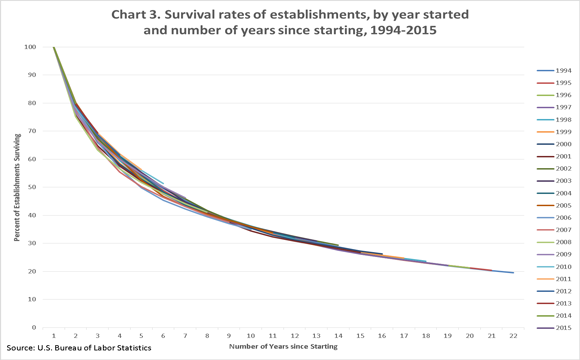
Fitness Business Entrepreneurship Thoughts: Long-Term Planning May Not Be For You
In my blog the other day, I alluded to how I never really thought I’d open a gym. It kind of just happened. And, this experience has led me to the belief that the concept of having a ten-year plan is absurd. Heck, even five years seems like a prohibitively long time to have a plan in today’s rapidly changing world.
I went to college in 1999 thinking that I was going to be an accountant. I transferred in 2001 to pursue exercise science, and went to graduate school to pursue a career in strength and conditioning research. In 2003, after a month on campus, I realized I hated organic chemistry and loved training athletes. I moved to Southern Connecticut in 2005, and then to Massachusetts in 2006, then Florida in 2014. These were twists and turns in every direction that couldn’t have been accommodated by a rigid career plan.
There are a lot of people reading this blog who are probably stressing about moving to a different college major, making a career change, or relocating for a change of scenery or new opportunity. There are also business owners who are super concerned about building a brand that they can ultimately sell. They’re focused on writing books and delivering seminars about the training they do with their clients before they’ve even truly evaluated whether that training actually works well.
As is usually the case with the training side of our industry, a quick solution is always to simplify. Before you start looking at being hugely successful in the long-term, try focusing on being consistently successful in the short-term with whatever it tackling. To paraphrase a hackneyed expression, you have to win the battle before you win the war – and in entrepreneurship, you have to have a successful business before you make the leap to truly building a brand. As this graph from the Bureau of Labor Statistics demonstrates, why have a ten year plan when less than 40% of small businesses are even around at that time period? And, you can bet that this number is substantially lower in the fitness industry, where many start-ups are trainers who have zero business training.
I think that this can actually be a big challenge for some upstart companies when they deal with business consultants who are very focused on developing something that can eventually be sold for $100 million dollars. In the push to create systems for scaling things larger, entrepreneurs can lose sight of shorter term opportunities to be profitable and evolve as a business. For this reason, small business consultants usually have much more to offer to fitness start-ups.
The fitness business is challenging. Competition is high, the industry is constantly evolving, and there is a lot of “noise” that can distract consumers from pursuing even the highest quality training options. For this reason, most fitness businesses are better off focusing on “winning the day” than “winning the decade.”



